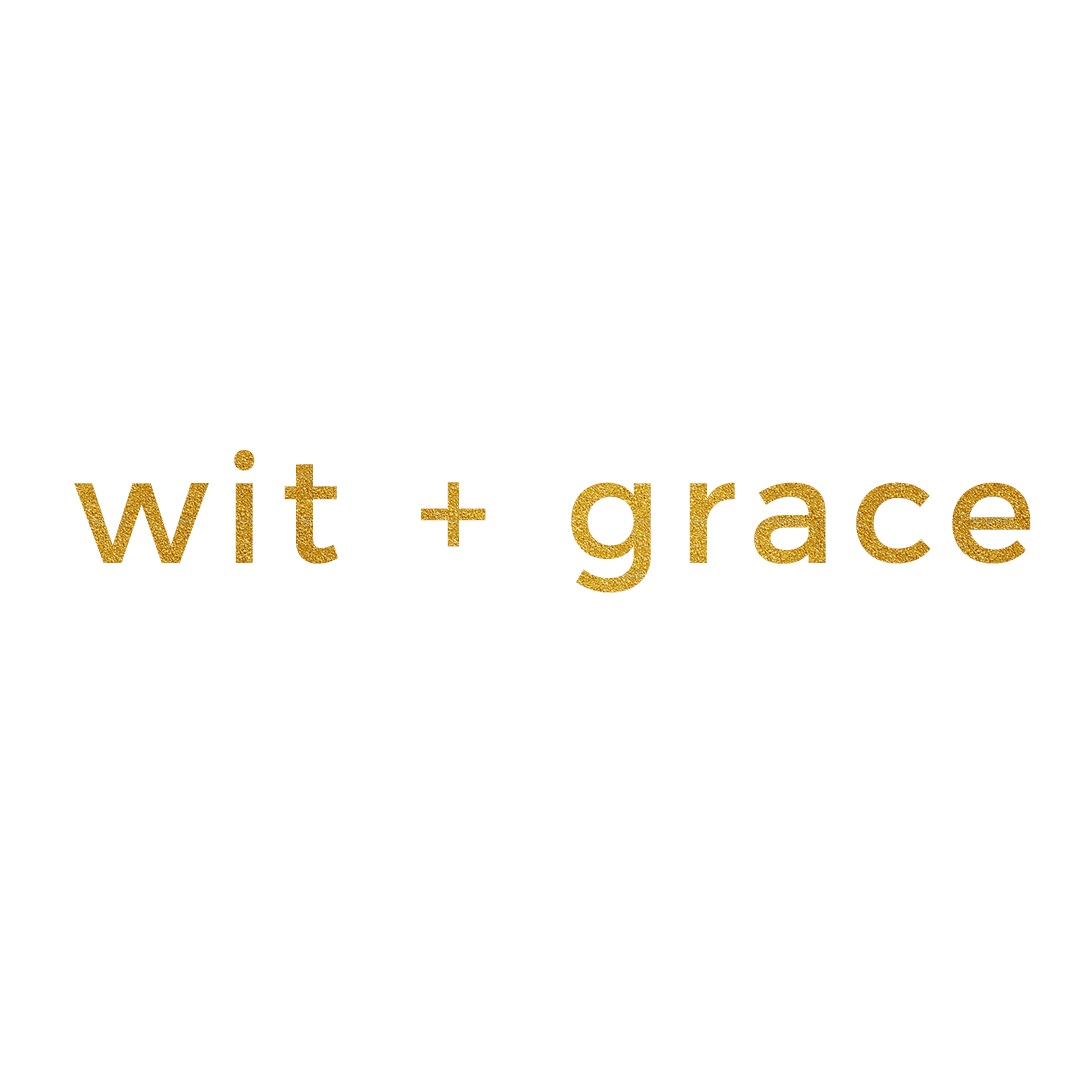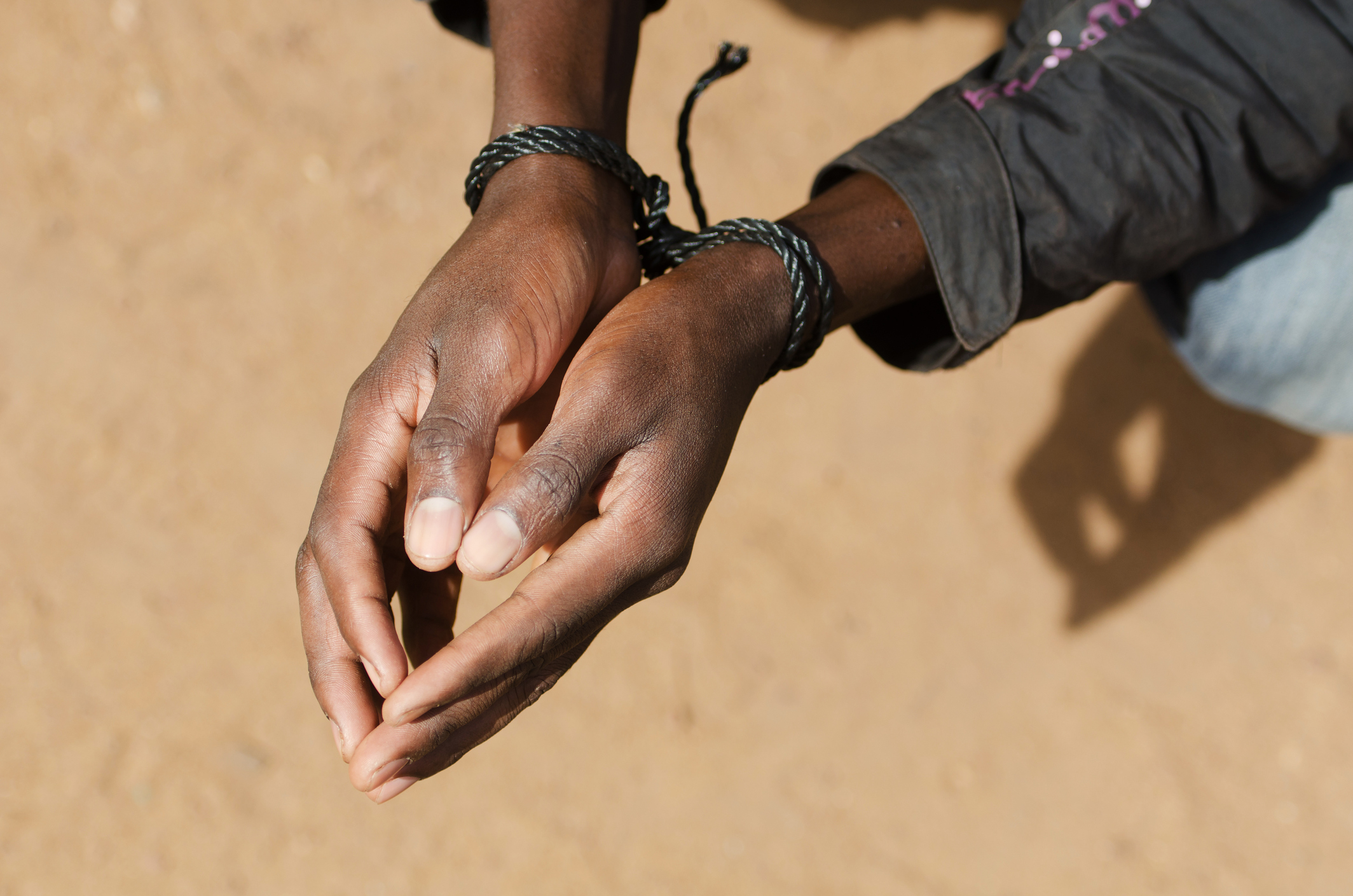The Auction That Shook the World
by Jennifer Taylor
"They give us out to their friends. They don't pay us. It's just hard labour, if you're not fast with your job you get beaten." - Lucky Akhanene
When you think of a slave auction, you probably think of it as an evil practice that took place almost two hundred years ago. However, in October 2017, the CNN news team recorded a live slave auction being conducted in Tripoli, Libya.
The world was stunned and the outrage was justified. How could this still be happening in 2017?! The sobering reality is that slavery is still prevalent in today’s world and men, women, and children are being harshly exploited for the profit of others. It is a reality that is multifaceted and entrenched in many societies around the world and the latest wakeup call for the international community, illuminating the complexities of modern-day slavery, also known as, human trafficking.
Why is this happening?
- Libya is largely considered a “fail state”. After the fall of Muammar Gaddafi, the country descended into civil war. The horrific side effect of ongoing civil war is crippling poverty, lawlessness, and in this case, a devastating migrant and refugee crisis. It has turned into a hotspot for serious human rights violations.
Despite creating a transitional government in Libya, it has failed to implement rule of law in the country paving the way for the emergence of militias, tribes, and gangs far from governmental influence. As in many vulnerable countries, slavery thrives as many see it as a lucrative industry targeting the most impoverished and marginalized communities.
Libya is the main transit point for refugees and migrants trying to reach Europe by sea with over 450,000 people making the perilous journey to their Promised Land. Within the last fours years, 15,000 refugees have drowned in the Mediterranean Sea. Many of those being exploited are from West Africa- especially Nigeria, Algeria, Niger, Sudan, and Ethiopia- escaping insurmountable and traumatic domestic hardships including poverty, wars, and human trafficking.
With estimates of 400,000 to almost ONE MILLION people now trapped in Libya, detention centers are overcrowded. Conditions in the centers have been described as “horrific.” There are countless reports of robbery, rape, and murder among migrants and refugees, according to a September report by the U.N. Human Rights Agency. Because of the backlog of people attempting to reach Europe, smugglers have converted into slave traders auctioning off migrants and refugees into forced labor. While in captivity, they have been beaten and tortured on film; the tapes were then sent to families demanding ransom for their freedom.
“They will call you from prison and ask you to call your people in Nigeria to send money for them to release you. Even if you succeed in getting money from Nigeria, they still would not let you go.” - Mr. Harrison Okotie
Europe has a large role to play in the heartbreaking conditions that have led to black Africans being sold as commodities in Libya. The European Union partly funds the Libyan Coast Guard enabling them to limit the crossing of refugees and migrants. A recent report by Amnesty International, called “Libya’s Dark Web Collusion,” describes European governments being “knowingly complicit in the torture and abuses of tens of thousands of refugees and migrants detained by Libyan immigration authorities …by actively supporting the Libyan authorities in stopping sea crossings and containing people in Libya.”
What is being done?
The Libyan government has stated that they are conducting formal investigations into the allegations. Libya reached an agreement with European Union and African leaders to allow an emergency repatriation of refugees and migrants who are being abused in detention centers. The government also agreed to open a transit center safely housing vulnerable refugees before they either resettle or are transported to a third country, according to Reuters.
BBC News reports that African and European leaders discussed urgent action at a summit in the Ivory Coast. This action includes an emergency evacuation plan for 15,000 people in Libya; most will be returned to their home countries. In addition to the evacuation plan, the deal included launching a task force targeting traffickers and a “concrete military and policing action on the ground to dismantle those networks.”
The international community has been vocal in its condemnation of the atrocities in Libya. The UN has urged the Libyan government to take immediate action:
"The government and the international community, particularly the EU, which is the destination of most of the migrants, must take immediate and decisive action to ensure that this crime does not continue. They must also urgently prioritize the release of all those people who have been enslaved. Enslavement is most often an extreme form of racial discrimination," the panel added. "It is a dangerous trend that European states are shifting responsibility for migrants to African countries instead of creating regular, safe, affordable and accessible channels for them," the panel said. "Any agreement reached with the Libyan authorities needs to be in line with international human rights standards. European states can be held accountable for any human rights violations migrants are subject to."
Hashtags were created; petitions drafted, and protests ensued. However, despite the global outcry for intervention, there hasn’t been much progress. There have been raids of warehouses and the deportation of migrants back to their home country; however, none of these are sustainable solutions. There is a general consensus that in order to truly stop the enslavement of migrants and refugees, we must address the underlying forces that have made Libya a breeding ground for it. In other words, to cut the root of slavery, you need the proper knife.
What can WE do?
Combating the slave trade in Libya seems daunting especially when analyzing the intersectionalities of poverty, race, and violence; however, we can play a part in dismantling the systems that serve as the engine that fuels this atrocity against humanity.
A call to PRAY
The evil of modern-day slavery is rooted in extreme poverty, greed, racism, classism, sexism and patriarchy, unstable governments, and lack of access to services facilitating upward mobility (education, healthcare, vocational, etc.,). Pray for the many countries where this practice still exists. Pray that God will raise up effective and compassionate leaders who will make and enforce laws against human rights violations, including slavery. Pray that leaders will work tirelessly to address the underlying causes of oppression. Pray for the release of the millions of people who were captured and sold into slavery. Pray for their strength, faith, hope, grace, and perseverance. Pray for the conviction of the captors, smugglers, slave traders, and anyone involved with enslaving migrants and refugees in Libya.
A call to ACT:
There is a multitude of ways to actively combat slavery, here are some:
- Spread the news! In an age of technology and globalization, it is so easy to share a social media post or article. Share this article to let your network know what is happening in Libya and how they can help.
Contact U.S. Representatives and global leaders to demand action. More specifically, contact our U.S. Ambassador to the United Nations, Nikki Haley, here.
Support The International Organization for Migration (IOM). They are directly advocating for the protection of migrants’ human rights and preventing them from being exploited by smugglers and slave traders. They do this by demanding Libyan authorities to create alternatives to detention centers as well as develop accountability measures to anyone who abuses or enslaves migrants. Donate to their efforts here.
You can help fight one of the root causes of slavery: poverty. There are many global organizations with the mission to end poverty and you can support them by volunteering or donating to organizations such as Save the Children, and the World Food Program. You can also support the United Nations Refugee Agency as they provide direct development support and aid to vulnerable countries and refugees.
Contact social media companies like Facebook. According to IOM, smugglers have used Facebook Live as a platform to document the torture of migrants and send them to families for extortion. You can contact Facebook here.
Shop smarter! So this is something we ALL can commit to doing. There are many companies that have been linked to using slave labor for their commercial products such as H&M and Nestle. Becoming aware of which companies produce products that are fair trade and ethically made can be a game changer. Sometimes the best way to fight is to hit the pockets and make a dent in profit sales. End Slavery Now created a slave-free shopping guide to help you get started.
A call to GIVE:
There are many organizations both faith-based and secular organizations that are on the frontlines of abolition. Here are is a list of some of the organizations you can support:
The Polaris Project
A21
Free the Slaves
End Slavery Now
International Justice Mission
Faith Alliance Against Slavery and Trafficking
Anti-Slavery International





